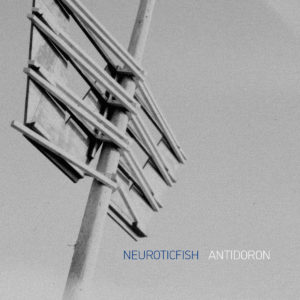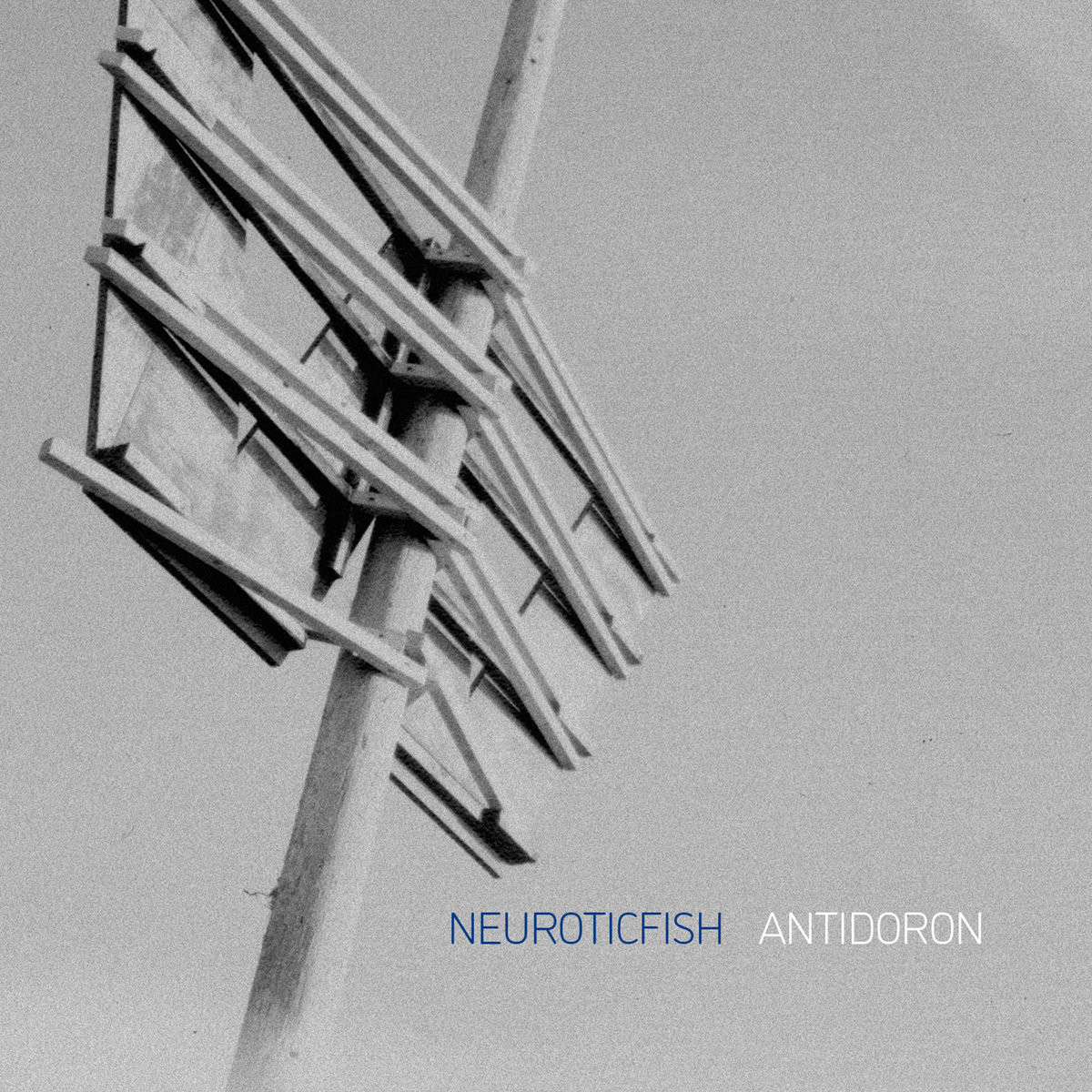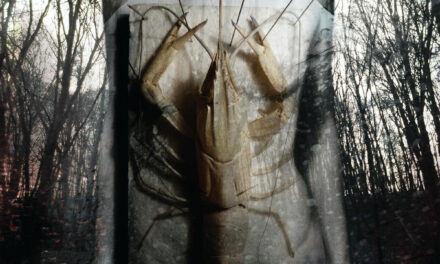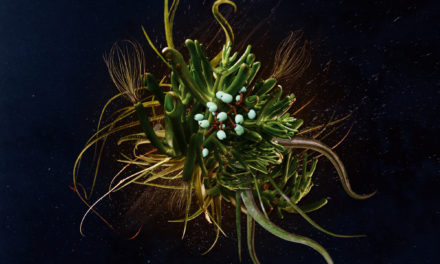
Neuroticfish
Antidoron
Non Ordinary Records
The mid-decade return of Neuroticfish after a nearly decade long hiatus was a welcome one for fans of the German project’s brand of futurepop. The music on 2015’s A Sign of Life was an affirmation of the exact things that had helped Sascha Mario Klein’s material stay so close at hand for so many, namely Neuroticfish’s capacity for deep, emotional resonance. Where so many of NF’s futurepop contemporaries’ big songs have started to sound thin and insubstantial in the intervening years, the music on No Instruments, Les Chansons Neurotiques and
Opener “Colourblind” acts as something of a pace-setter for Antidoron, with a slowly building arrangement of synth bass drums supporting Klein’s vocals, delivered with his characteristic mix of vulnerability and confidence. It’s a song whose simple hook might have been put into service of something more uptempo, but instead acts as a signpost, lending the album structure and weight. It’s also an indicator of the duo’s commitment to letting the material breathe; a few tracks later “Fluchtreflex” delivers the expected upbeat dance beats, but not before spending a full two minutes selling the song’s bittersweet melody and lyrical focus. It’s a pattern that plays itself out a few times (“Fail to Disagree”, “Challenge You”) but purposefully. Neuroticfish want to let these songs establish themselves before the 4/4 kicks hit.
Interestingly, the record’s highlights are on the slower side tempo-wise. Pre-release single “Hysteria” has a syncopated rhythm that plays hard against its chattering synth arpeggios, supported by a deep subterranean bass growl, accentuated by clean modern production and a transparent mix that allows each element to stand out in the busy arrangement. “I Walk Alone” has a similar weight, with swirling pads and lengthy sections without any beats at all, making the drum hits all the more impactful when they do strike. “I Am Here” takes the approach to its extreme, with Klein delivering a memorable chorus with little to no rhythmic support, the song’s gently rolling momentum carried by shifts in bass and the swell of its string sounds.
For all its emphasis on growth and gentle progression, the album retains Neuroticfish’s immediacy, mostly through the force of Klein’s sincerity as a vocalist. Few artists could make a line like “Do the idiot’s dance for me” sound so agonized, or croon something as prosaic as “I walk alone/into darkness” without prompting an eye-roll, but his conviction sells every word. On a record that takes some potentially alienating chances, that means everything; for all it changes, Antidoron sounds and more importantly feels like Neuroticfish.






Trackbacks/Pingbacks